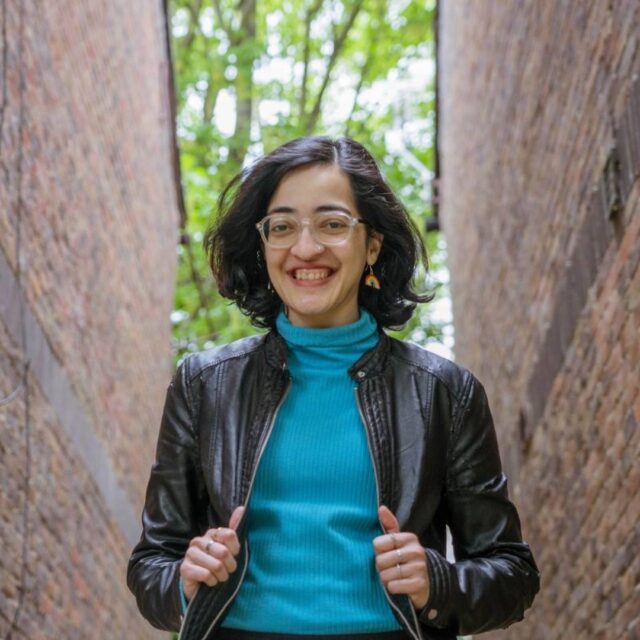Poorvaja Kelkar
MSc Psychotherapy and Counselling - Contemporary Creative Approaches

The course involves working with the person-centred experiential approach as well as creative modalities (movement, art, drama) to facilitate a successful therapeutic relationship with the clients.
As the course is based on contemporary creative approaches in psychotherapy and counselling, part of the application process included providing a creative submission. I opted for a movement video as I felt my dance background could benefit me in taking a step ahead. I was given a brief on what to include in the creative submission. I submitted the application form along with the movement video and a statement of purpose. The statement of purpose included my journey so far in the field of psychology and dancing (which was essential to note for the course I was interested in). As an international student, I stated my reasons and thoughts behind choosing to study abroad. The application process ended with an online interview. They made me feel comfortable and it seemed like a friendly chat rather than a nerve-wrecking interview. I was provided with all the information regarding the course and an open invitation to raise any questions I might have.
The course involves working with the person-centred experiential approach as well as creative modalities (movement, art, drama) to facilitate a successful therapeutic relationship with the clients. The course believes in practical knowledge that includes creative activities during classes, discussions, personal development groups, guest lectures, triad practice for counselling skills and placement experience. The assignments are designed for students to deliver their knowledge in academic and creative manner. My favourite part about the course is some of these assignments have open approaches to presentation and the students can choose how to present them (presentation, performance, discussion etc.).
As an international student, my undergraduate study had a completely different culture to it but I still would say that studying a Masters has made me more independent and resilient. I started taking charge and being more curious as you’re motivated to find answers to questions. Postgraduate courses demand refined time-management. With the plethora of tasks (assignments, presentations, dissertation), alongside managing personal and educational life, I see postgraduate courses as more challenging. It certainly opens new avenues to your career plan and teaches you to be on your toes to achieve your goals.
I plan to stay in the UK and start working as a creative psychotherapist. I hope to pay off my student loan and establish a career in mental health.
Before choosing your course, research it and ask a lot of questions. Identify current students on the course, or alumni, and if you are an international student like me, reach out to the specific department assigned for international admissions. You could also schedule meetings with tutors to discuss your curiosities or visit for an open day and see the University through in person. It is essential to know what you will be signing up for, and for that, gathering as much information as you can is important, considering logistical and financial preferences, too. You should also get an insight into how your career plan will take shape if you choose your preferred course. Be ready to tackle deadlines and submissions pressure and enjoy the student life to the fullest.